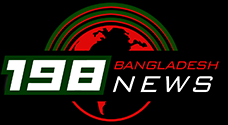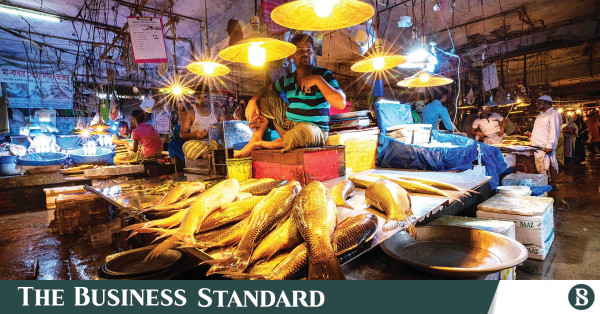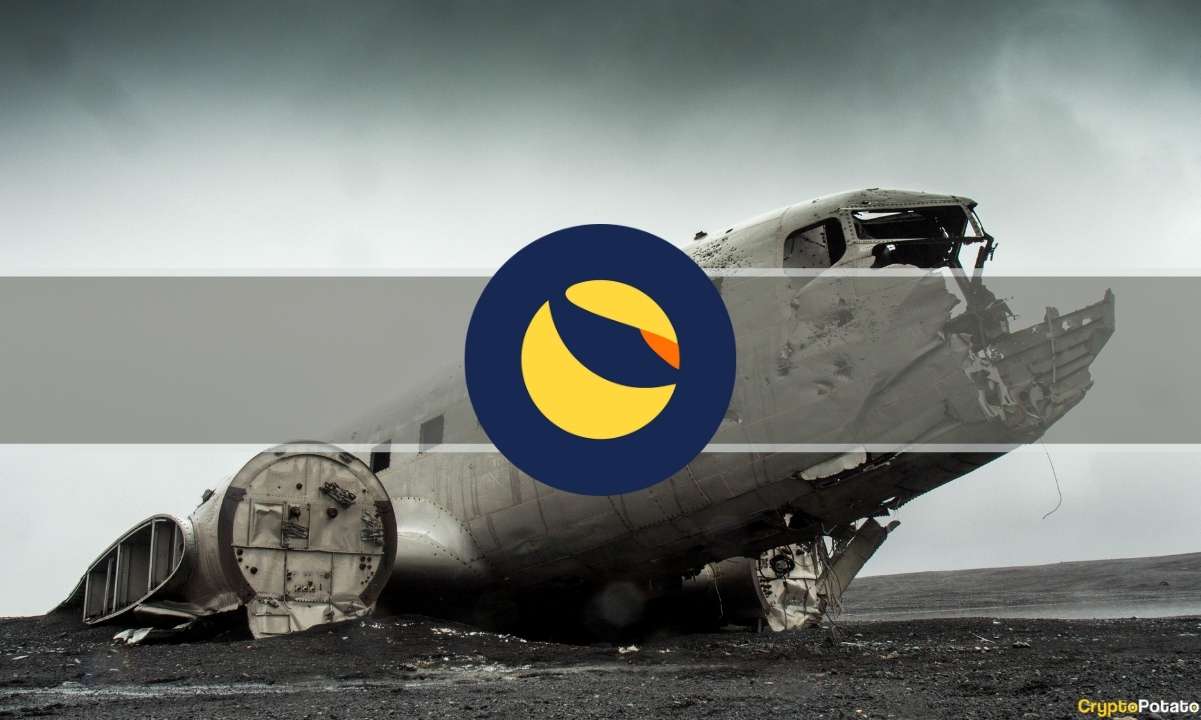[ad_1]

By Amin Ahmed, Daybreak.com
Pakistan dropped 16 locations within the Corruption Perceptions Index (CPI) for 2021 in comparison with the earlier yr, rating 140 out of 180 international locations, Transparency Worldwide mentioned in a report on January 25.
The CPI, which measures how corrupt a rustic’s public sector is perceived to be by its consultants and enterprise individuals, makes use of a scale of zero to 100 the place zero is very corrupt and 100 may be very clear.
The 2021 version of the CPI ranked 180 international locations and territories by their perceived ranges of public sector corruption, drawing on 13 knowledgeable assessments and surveys of enterprise executives. In 2020, Pakistan’s CPI was 31 and it was ranked 124 out of 180 international locations.
Based on Transparency Worldwide, the nation’s corruption rating has now deteriorated to twenty-eight whereas it’s ranked 140 out of the overall international locations on the index. In distinction, India’s corruption rating stood at 40 whereas Bangladesh’s CPI was 26. The 2 international locations ranked 85 and 147, respectively.
Whereas the corruption ranges stay at a standstill worldwide, with 86 per cent of the international locations making little to no progress within the final 10 years, Transparency Worldwide in its Index revealed that the absence of “rule of regulation” and “state seize” has resulted in substantial low CPI rating of Pakistan.
Vice Chair of Transparency Worldwide Pakistan, Justice (retd) Nasira Iqbal, whereas commenting on the report mentioned that there was no change in CPI 2021 scores of India and Bangladesh from final yr.
Below the PTI authorities, the rating of Pakistan has step by step slid. In 2019, it was 120 out of 180 international locations, in 2020, it was 124 and in 2021 it worsened additional to 140. In 2018, throughout the PML-N authorities, the rating was 117 out of 180 international locations.
In its report, Transparency Worldwide discovered international locations that violate civil liberties persistently rating decrease on the CPI. Complacency in preventing corruption exacerbates human rights abuses and undermines democracy, setting off a vicious spiral. As these rights and freedoms erode and democracy declines, authoritarianism takes its place, contributing to even larger ranges of corruption.
Based on Transparency Worldwide, the top-performing international locations had been Denmark, Finland and New Zealand — all having a corruption perceptions rating of 88 — adopted by Norway, Singapore and Sweden, all of them scoring 85. In distinction, the worst-performing international locations had been South Sudan with a corruption perceptions rating of 11, adopted by Syria (13), Somalia (13, Venezuela (14) and Afghanistan (16).
Regional state of affairs In its report, Transparency Worldwide famous a pattern in international locations with weak scores — China, India, Indonesia, Bangladesh and Pakistan — of “weakening of anti-corruption establishments or in some circumstances absence of an company to coordinate motion in opposition to corruption”.
The report termed the state of affairs in India “notably worrying”, saying there have been considerations about its democratic standing as basic freedoms and institutional checks and balances decay. Journalists and activists within the nation are particularly in danger, it famous, including that they’d been victims of assaults by the police, political militants, felony gangs and corrupt native officers.
“Civil society organisations that talk up in opposition to the federal government have been focused with safety, defamation, sedition, hate speech and contempt-of-court prices, and with rules on overseas funding,” the report mentioned. It additional mentioned that international locations like Singapore, Bangladesh and Pakistan had elevated digital surveillance to silence these making an attempt to carry governments accountable throughout the pandemic.
Commenting on the findings, chair of Transparency Worldwide, Delia Ferreira Rubio, mentioned: “Human rights aren’t merely a nice-to-have within the battle in opposition to corruption. Authoritarian approaches destroy impartial checks and balances and make anti-corruption efforts depending on the whims of an elite. “Guaranteeing individuals can communicate freely and work collectively to carry energy to account is the one sustainable path to a corruption-free society.”
‘Cost sheet in opposition to govt’
In the meantime, reacting to the report, PML-N President Shehbaz Sharif mentioned corruption had “decreased” throughout the PML-N’s authorities because of “transparency, good governance and authorized reforms”. Nonetheless, “now corruption has hit an all-time excessive even though no worthwhile improvement has taken place,” he tweeted.
PPP Vice President Sherry Rehman termed the report a “cost sheet in opposition to the [PTI] authorities”, saying the rankings had “uncovered the federal government’s narrative”.
The federal government that claimed to finish corruption has moved above 16 international locations in graft, she mentioned in a separate tweet. Rehman famous that the prime minister’s adviser on accountability Mirza Shahzad Akbar had resigned lately, saying it was “proof” that corruption had elevated as an alternative of lowering. Accountability is just for focusing on opponents. Worldwide establishments at the moment are uncovering the corruption of this authorities, she added.
‘Report regarding rule of regulation, state seize’
Addressing a post-cabinet press convention in Islamabad, Info Minister Fawad Chaudhry mentioned that the decline in Pakistan’s rating might be attributed to elements contributing in direction of rule of regulation and state seize fairly than monetary corruption. He mentioned that the matter had briefly come below dialogue within the federal cupboard. He additionally mentioned {that a} country-specific report had not but been printed and solely the so-called rating had been launched.
“The standards of the evaluation contains monetary corruption, accountability, issues regarding rule of regulation, democracy and state seize,” he mentioned.
Chaudhry mentioned that from the obtainable info, it appeared that rule of regulation and state seize had been the primary causes behind the downgrading of Pakistan’s rating. The minister claimed that a lot of the establishments concerned within the evaluation had maintained Pakistan’s rating, other than the Economist Intelligence Unit. Indicating that there could have been a bias, he urged reporters to analyze who was heading the unit in Pakistan.
“With out stepping into controversies, there isn’t any doubt that we’ve got to work on rule of regulation in Pakistan,” he mentioned, including that the prime minister had additionally pressured this quite a few instances.
He mentioned the impression that the regulation was completely different for the wealthy and the poor was dangerous, reiterating that the TI report thus far highlighted rule of regulation and state seize versus monetary corruption. “We expect rule of regulation is a course of and all establishments must work collectively,” he mentioned.
The minister additionally repeated his name for the reside broadcast of corruption circumstances in opposition to opposition leaders in order that residents may perceive the allegations in opposition to them. He mentioned that such steps would additionally assist establishments like TI to get an entire “notion” concerning the nation.
The minister concluded by saying the federal government would give an in depth reply on the TI evaluation as soon as the entire report is launched.

Newest Information
[ad_2]
Source link













